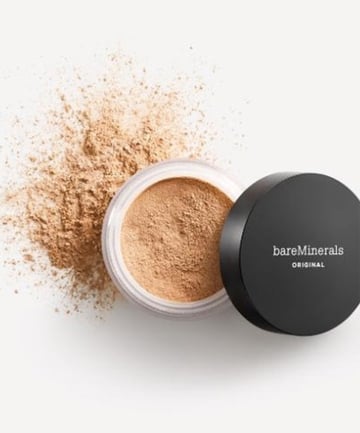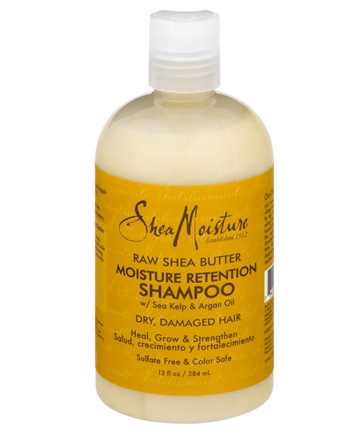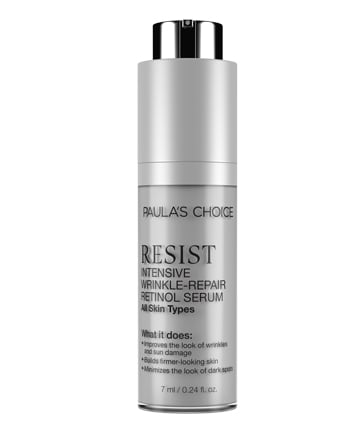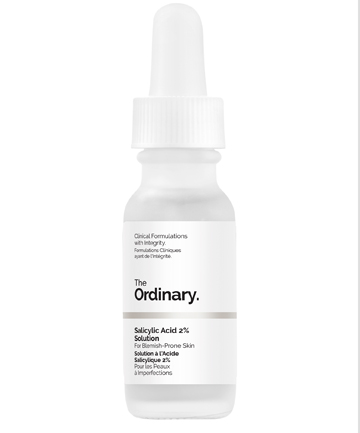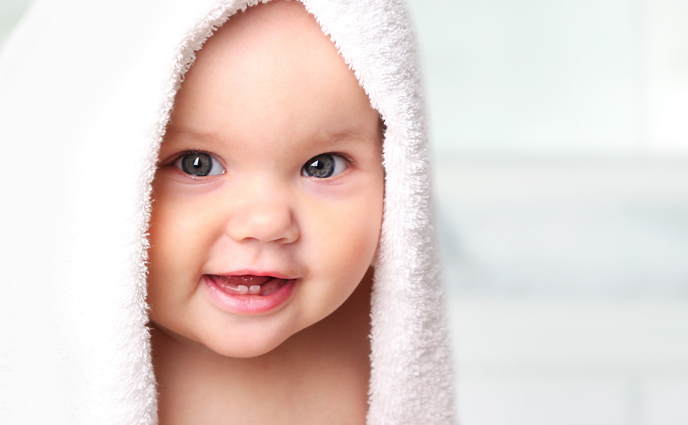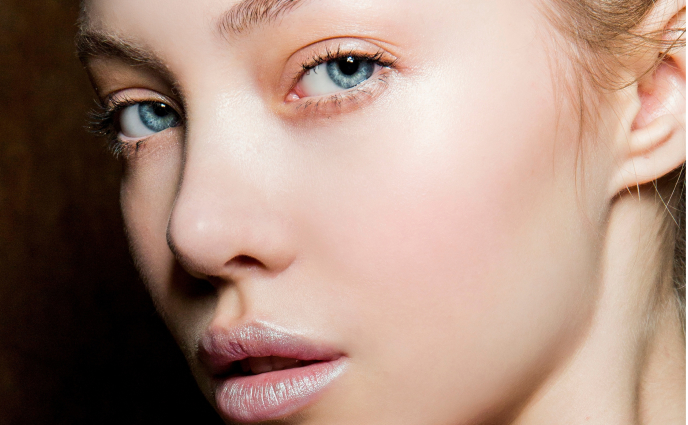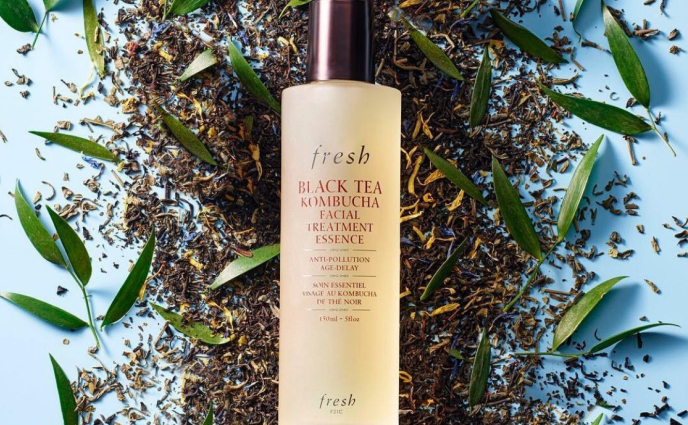This ingredient, mainly found in beauty products and used to help stabilize the formula, has been linked to everything from liver, kidney and lung conditions to reproductive issues, says Engelman. It's best to avoid phthalates when possible, especially during pregnancy, since they have also been linked to undescended testicles and hypospadias, birth defects and lifelong reproductive problems in both male and female babies, according to Ross.
BareMinerals, Korres and Tarte are some makeup and skin care lines that are phthalate-free.
Image via @bareminerals
BareMinerals, Korres and Tarte are some makeup and skin care lines that are phthalate-free.
Image via @bareminerals
Look on the back of every shampoo and body wash you own and you'll likely find this unsuspecting chemical, which acts as a foaming agent in many soaps and washes. According to Engelman, the issue with sodium lauryl sulfate, or SLS, is the level of concentration — it can be too irritating by cosmetic standards. "Our body is not able to break this chemical down and with prolonged exposure, it can cause issues with the nervous system and kidney and liver function," she says. "If ingested, it can cause nausea, vomiting or diarrhea." Some SLS-free shampoos to use through pregnancy include Ouai Repair Shampoo, $28, Shea Moisture Raw Shea Butter Moisture Retention Shampoo, $11.49 and Aveeno Pure Renewal, $5.99.
These impressive, topical anti-wrinkle agents, which are vitamers of vitamin A, are widely used in skin care products of all sorts, however, they are not recommended for use during pregnancy. In fact, pregnant women should avoid anything with vitamin A derivatives, such as Retin A (tretinoin), retinol or retinoic acid, according to Anna Guanche, MD, dermatologist and founder of the Bella Skin Institute, as studies have shown it may be harmful to the developing fetus. "This also includes the oral form, isotretinoin (formally known as Accutane), which is known to cause birth defects in pregnant women," she adds.
Image via Paula's Choice
Image via Paula's Choice
Beta hydroxy acids, such as salicylic acid and alpha hydroxy acids, are commonly found in topical preparations for acne and anti-aging. They should not be used during pregnancy, according to Brauer since salicylic acid in its oral form has been shown to cause potential birth defects and pregnancy complications. "While using low dose salicylic acid preparations sparingly is likely not harmful to a pregnancy, most doctors recommend avoiding it all together since its use is elective and for cosmetic reason," she adds.
Image via The Ordinary
Image via The Ordinary
Yep — you can expect that you'll probably have to switch out your regular sunscreen once you're pregnant. "Prolonged, direct sun exposure should be avoided in pregnancy for both health and cosmetic reasons, but if you must be out in the sun it is extremely important to wear sunscreen," Brauer says. "It's recommended that pregnant woman, as well as infants and kids, stick with a physical sunscreen, such as titanium dioxide or zinc oxide, as opposed to chemical sunscreens, which can be absorbed into the bloodstream and has been linked to potential pregnancy complications and birth defects."
Image via Coola
Image via Coola


